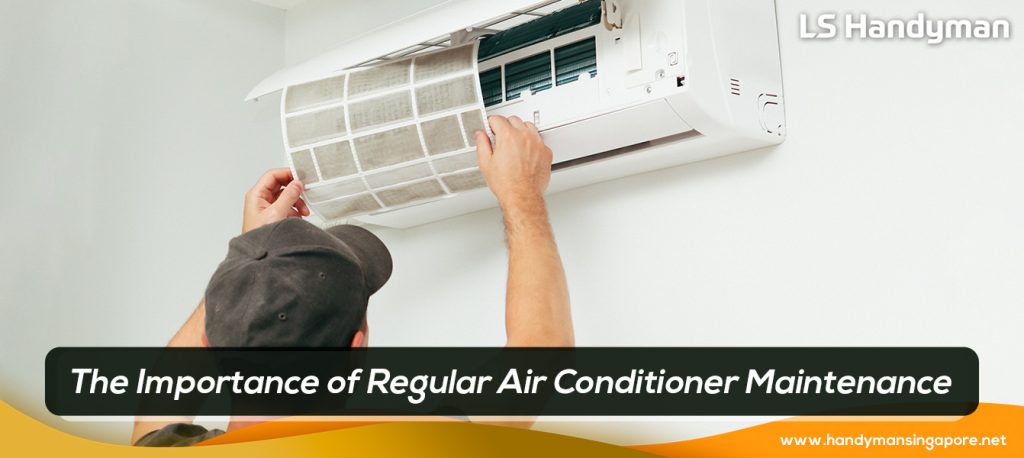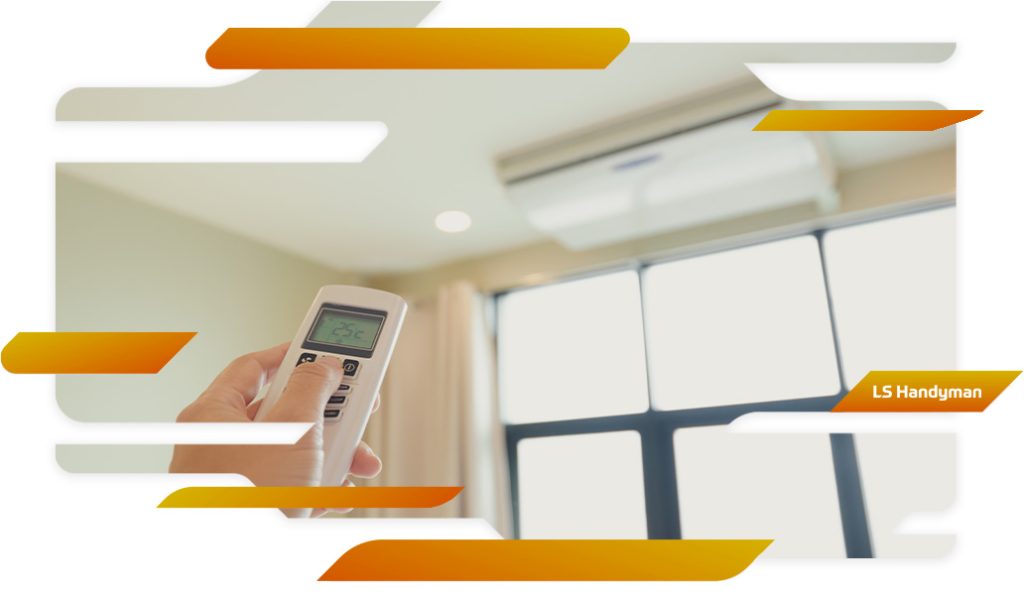
Air conditioning systems have become an essential component of modern living, providing comfort and maintaining a healthy indoor environment. However, like any mechanical system, air conditioners require regular maintenance to ensure they operate efficiently and last as long as possible. In this comprehensive guide, we will delve into the reasons why regular AC maintenance is crucial, exploring its impact on efficiency, longevity, cost savings, and overall comfort.
Improved Efficiency
One of the primary reasons for regular AC maintenance is to maintain and improve system efficiency. Over time, air conditioners can accumulate dust, dirt, and debris, which can significantly impede their performance. For instance, dirty filters and coils force the system to work harder to cool the space, leading to higher energy consumption. This increased workload not only spikes your energy bills but also places undue stress on the system’s components, potentially leading to premature failure.
By regularly cleaning and maintaining the system, you can ensure it operates at peak efficiency. According to the U.S. Department of Energy, replacing a dirty filter can lower your air conditioner’s energy consumption by 5% to 15%. Moreover, a well-maintained AC unit cools more effectively, providing consistent comfort while using less energy.
Enhanced Longevity
Air conditioners are a significant investment, and naturally, homeowners and business owners want to maximize their lifespan. Regular maintenance plays a critical role in achieving this goal. Neglecting routine upkeep can lead to the gradual deterioration of the system’s components, resulting in frequent breakdowns and a shorter overall lifespan.
For example, a dirty evaporator or condenser coil can cause the compressor to overheat and fail prematurely. The compressor is one of the most expensive parts of an air conditioning system, and its failure can often necessitate the replacement of the entire unit. Regular maintenance, including cleaning the coils and checking the refrigerant levels, can prevent such issues and help the system run smoothly for many years.
Cost Savings
While regular maintenance requires an upfront investment, it can lead to substantial cost savings in the long run. By ensuring the system operates efficiently, you can reduce energy consumption and, consequently, lower your utility bills. Additionally, routine maintenance helps identify and address minor issues before they escalate into major, costly repairs.
Consider this: a small refrigerant leak can cause the system to lose its cooling capacity gradually. If left unchecked, this can lead to the compressor working overtime, increasing the risk of a complete system breakdown. Regular maintenance checks can detect such leaks early, allowing for a relatively inexpensive repair compared to the cost of replacing a compressor or the entire unit.
Moreover, many manufacturers require regular maintenance as part of their warranty terms. Failing to adhere to these requirements can void your warranty, leaving you responsible for the full cost of any repairs or replacements. By keeping up with maintenance, you protect your investment and ensure that any necessary repairs are covered under warranty.
Improved Air Quality
Air conditioners not only cool the air but also play a vital role in maintaining indoor air quality. A well-maintained system effectively filters out dust, allergens, and other airborne particles, creating a healthier living environment. However, neglecting maintenance can lead to a buildup of contaminants within the system, which can then be circulated throughout your home or office.
Dirty filters and coils can become breeding grounds for mold, bacteria, and other pathogens, contributing to respiratory issues and allergic reactions. Regularly cleaning or replacing filters and ensuring the system is free from debris can significantly improve indoor air quality, promoting better health and comfort for occupants.

Consistent Comfort
An efficiently running air conditioner provides consistent and reliable cooling, ensuring your home or workplace remains comfortable even during the hottest months. However, an improperly maintained system can lead to uneven cooling, with some areas being too hot while others are too cold. This inconsistency can be frustrating and uncomfortable, particularly in extreme weather conditions.
Regular maintenance helps maintain balanced cooling by ensuring all components are functioning correctly. For example, a well-calibrated thermostat, clean filters, and properly lubricated parts work together to deliver consistent airflow and temperature control. This not only enhances comfort but also reduces the need for frequent adjustments, saving you time and effort.
Environmental Benefits
Energy efficiency isn’t just beneficial for your wallet; it’s also crucial for the environment. Air conditioners consume a significant amount of energy, and inefficient systems can lead to unnecessary energy waste. By maintaining your AC unit regularly, you can reduce your energy consumption, thereby lowering your carbon footprint.
Furthermore, well-maintained systems are less likely to develop refrigerant leaks. Many air conditioners use refrigerants that can be harmful to the environment if released. Regular maintenance checks can detect and address leaks promptly, preventing the release of these substances into the atmosphere and contributing to environmental conservation efforts.
Preventing Emergency Breakdowns
There’s never a convenient time for an air conditioner to break down, especially during the peak of summer. Emergency repairs can be costly and stressful, often requiring immediate attention to restore comfort. Regular maintenance significantly reduces the risk of unexpected breakdowns by identifying potential issues early and addressing them before they become critical problems.
For instance, routine inspections can reveal worn-out belts, electrical problems, or low refrigerant levels that might otherwise lead to a sudden failure. By proactively managing these issues, you can avoid the inconvenience and expense of emergency repairs, ensuring your AC unit remains reliable when you need it most.
Supporting System Upgrades and Adjustments
Regular maintenance also provides an opportunity to assess your current system’s performance and make necessary upgrades or adjustments. As technology advances, newer, more efficient components and systems become available. During maintenance visits, HVAC professionals can recommend upgrades that enhance your system’s efficiency and performance.
Additionally, if you’ve made changes to your home or office, such as adding new rooms or improving insulation, your AC system may require adjustments to accommodate these changes. Regular maintenance ensures your system is appropriately sized and configured to meet your current needs, optimizing comfort and efficiency.
